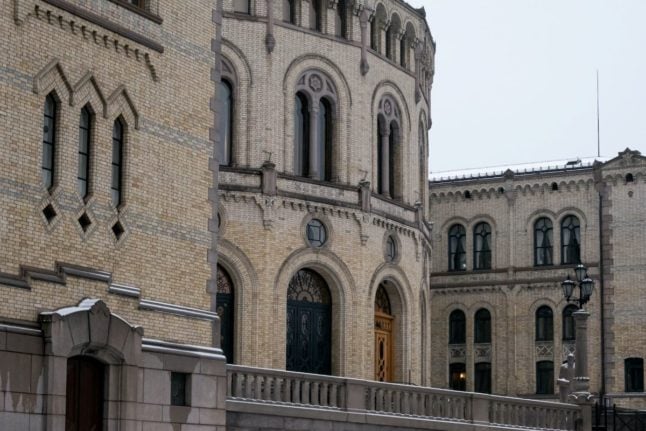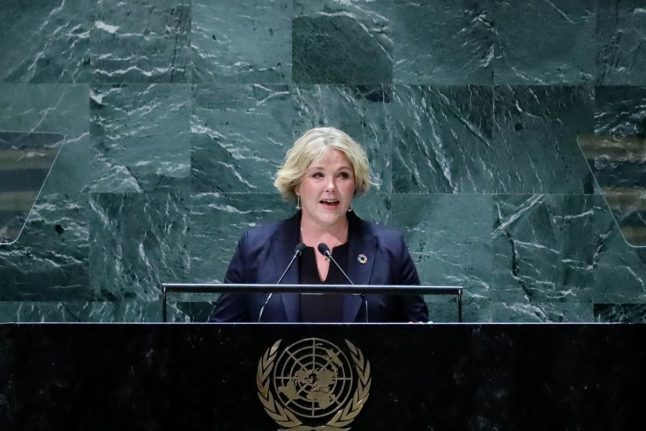Already a major oil and gas producer, the Scandinavian country could become one of the first countries to explore the ocean floor for minerals crucial for renewable energies, a controversial practice because of its potential impact on marine eco-systems.
“We need minerals because we want to lead a green transition in the form of fuel cells and solar panels, of electric cars and mobile phones,” Labour member of parliament Marianne Sivertsen Naess said during a press conference.
“Norway could in the future contribute to larger access [to these minerals] without being dependent on countries that it is not always good to be completely dependent upon,” she said.
The Labour-dominated coalition government in June proposed allowing mining of the country’s seabed, which might hold sizeable quantities of copper, cobalt, zinc and rare earths.
However, without a majority in the parliament, it needed the support of opposition parties.
On Tuesday, the Conservative Party and the populist right agreed to support the gradual opening up of areas of the Greenland and Barents Seas in the
Arctic.
The government assured it would impose strict environmental safeguards.
“Exploitation will only be authorised only if studies carried out show that it can be done in durable and reasonable ways,” conservative MP Bard Ludvig
Thorheim said.
The agreement between the four political parties angered environmental groups.
“We will work to stop every deep-sea mining project presented to the Norwegian Parliament,” said Frode Pleym, head of Greenpeace Norway. “We will not allow Norway to destroy the unique life in the deep sea, not in the Arctic nor anywhere else.”
NGOs and scientists have warned that deep-sea mining could damage habitats and harm species that are little understood, but are potentially important to
the food chain.
In addition, they point to the risk of disrupting the ocean’s capacity to absorb carbon emitted by human activities, and the noise that could disturb
species such as whales.
Several countries, including France and the UK, have called for a moratorium on deep-sea mining.



 Please whitelist us to continue reading.
Please whitelist us to continue reading.
Member comments